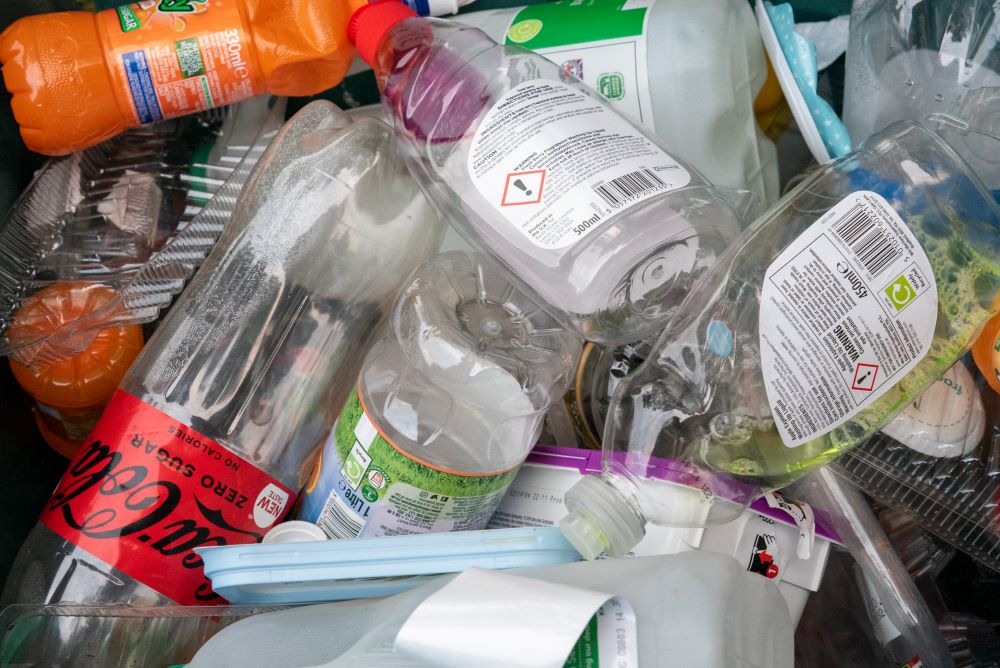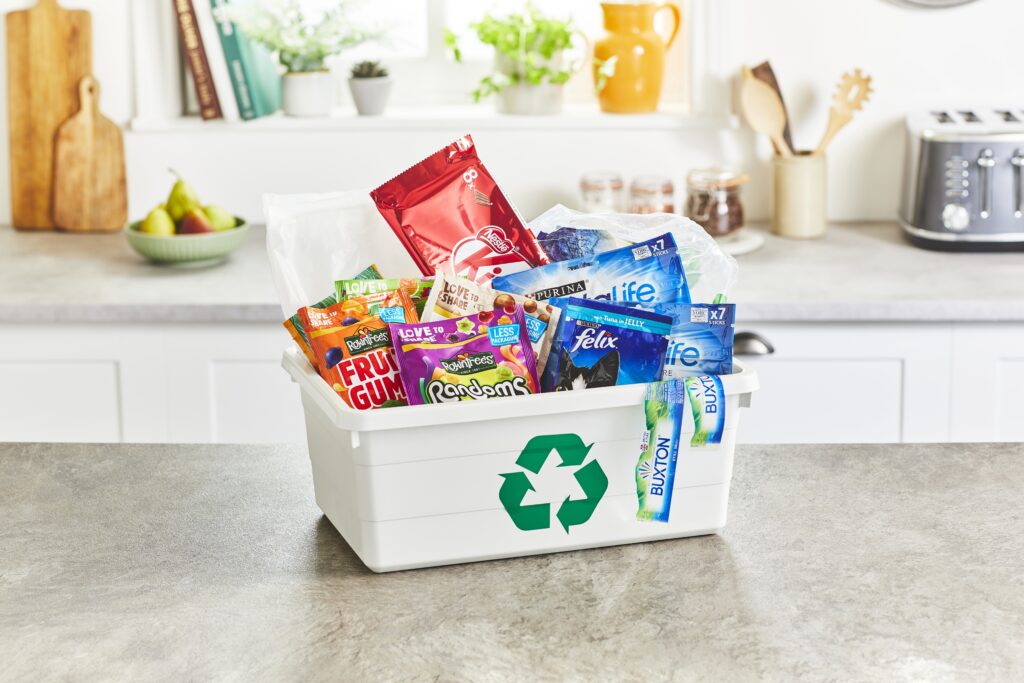Don Coates, chief executive of the St Regis paper company, said the packaging producer responsibility system had left the UK “heavily dependent on exporting to meet targets”, and that the situation was “likely to get worse as domestic mills decline”.
” PERNs are now directly discouraging investment in UK reprocessing capacity. “
– Don Coates, St Regis
Coming during Defra's packaging recovery conference on Tuesday, Mr Coates' comments were, however, disagreed with by David Symmers of the Independent Waste Paper Processors Association, which represents independent paper merchants including exporters.
And, Defra virtually ruled out the possibility of scrapping the export-PRN (PERN) because of European free trade rules.
Investment
Mr Coates argued that allowing exporters to sell packaging export recovery notes (PERNs, the export equivalent of PRNs) on packaging waste exported abroad for recovery meant investment was not going into new recycling infrastructure.
He said: “Domestic reprocessing has not grown as expected. PERNs are now directly discouraging investment in UK reprocessing capacity.”
And, the St Regis chief executive accused paper packaging exporters of using the revenue generated by selling PERNs to support prices for material, putting domestic mills at a disadvantage in purchasing recovered paper. “The UK has the highest cost of recovered fibre in Europe – and the PERN is a contributory factor.” He added: “They need to use the PERN to boost the price – and that leaves nothing to put into infrastructure.”
“Speaking personally,” he said, “I would abolish PERNs.”
Risk
Mr Coates also cast doubt on the long-term risk involved in depending on world materials markets to meet European recovery targets.
“Can we assume there will be no slow-down in the global economy?” he asked. “China could in future leave the UK with large amounts of unwanted waste and failing to meet targets. Chinese buyers arbitrarily switch between European and US markets.”
Mr Coates went on: “There is now a strong market for packaging materials all over the globe – their export does not need to be supported by the PERN.”
” The price of material that goes out of the country is a world price. “
– David Symmers, IWPPA
St Regis, which has six paper mills mostly in the South of England, is one of the biggest individual contributors to meeting packaging waste recovery targets set by Europe's Packaging Directive.
Alone, the company is responsible for issuing about 700,000 PRNs each year, the evidence bought by packaging producers to demonstrate they have paid for packaging to be recycled.
As Defra's investigation into allegations of inappropriate handling of PRNs and PERNs nears a close in the paper sector, Mr Coates also expressed controversial views on the issue of fraud.
He said: “There is widespread fraud occurring in the export area. PERNs are being inappropriately issued on mixed material – material being exported to mills that have weak or non-existent working standards.”
IWPPA
Responding publicly to Mr Coates' comments, the Independent Waste Paper Processors Association said it disagreed with his point of view.
IWPPA chief executive David Symmers said: “The price of material that goes out of the country is a world price. Net of the effect of the PERN, the fibre cost to an overseas mill is 48 or 50 per tonne, while the UK mills are paying only 37 per tonne.”
He then explained that this showed the UK mills were already getting cheaper fibre.
Defra
While the government industry advice panel, the Advisory Committee on Packaging, is currently investigating the issue of exports and the PERN under chairman John Turner, yesterday saw Defra's head of producer responsibility, Sheila McKinley, pouring cold water on talk of abolishing the PERN.
“One of the provisions of the Packaging Directive concerns free trade,” she said. “We cannot stop exports when we want to do something domestically. When the Packaging Directive came in we had to look to the possibility that some of the packaging can be exported.”
She continued: “If the suggestion is that there is no need for the value element within the PERN, someone needs to tell us why that is the case. In some cases the value is being put into collection.”











Subscribe for free